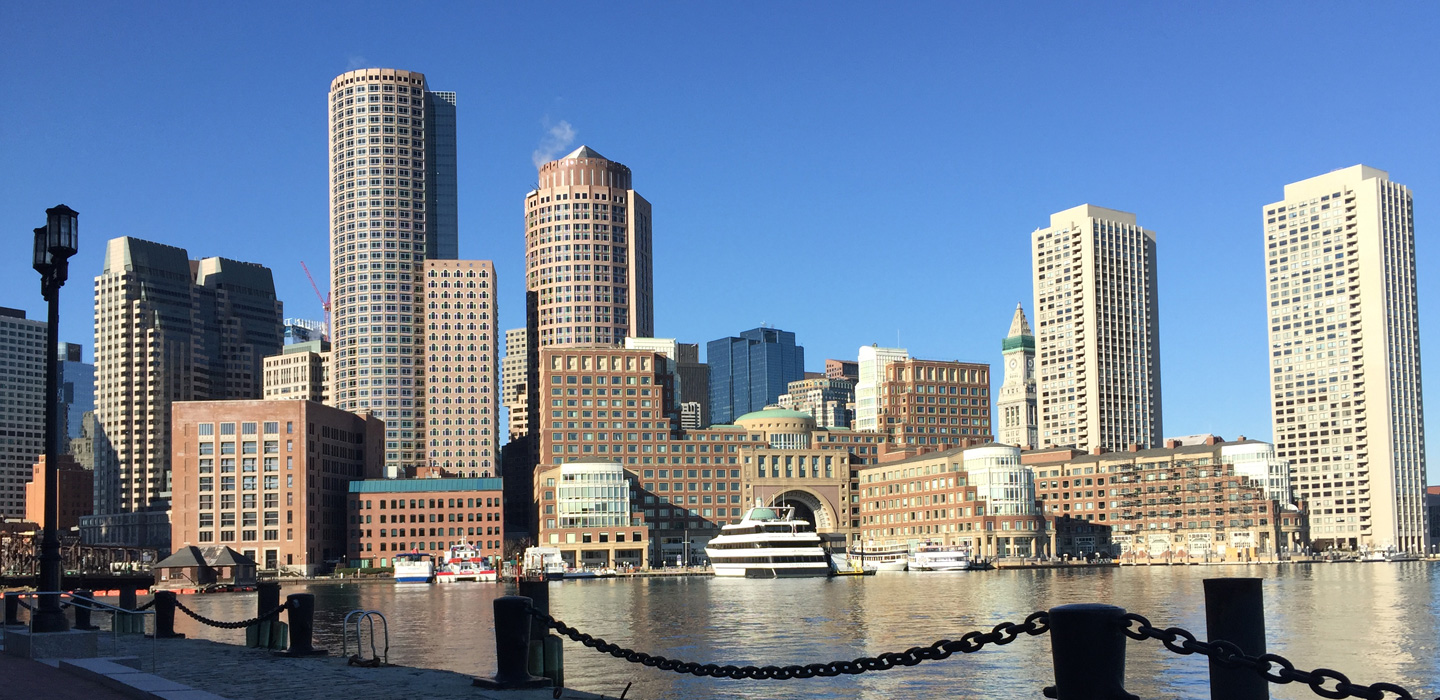The history of Boston plays a central role in the American history. In 1630, Puritan colonists from England founded the city, which quickly became the political, commercial, financial, religious, and educational center of the New England region.
The American Revolution erupted in Boston, as the British retaliated harshly for the Boston Tea Party and the patriots fought back. They besieged the British in the city, with a famous battle at Bunker Hill and won the Siege of Boston, forcing the British to retreat. However, the British blockade of the port seriously damaged the economy, and the population fell by two thirds in the 1770s.
The city recovered after 1800, becoming the transportation hub for the New England region with its network of railroads, and even more important, the intellectual, educational and medical center of the nation. Along with New York, Boston was the financial center of the United States in the 19th century, and was especially important in funding railroads nationwide.
In the Civil War era, Boston was the base for many anti-slavery activities. In the 19th century the city was dominated by an elite known as the Boston Brahmins. They faced the political challenge coming from waves of Catholic immigrants. The Irish Catholics, typified by the Kennedy Family, wrested the political control of the city by 1900. The industrial foundation of the region, financed by Boston, reached its peak around 1950; thereafter thousands of textile mills and other factories were closed down. By the 21st century the city’s economy had recovered and was centered on world-famous education, medicine, and high technology—notably biotechnology, while the many surrounding towns became highly attractive residential suburbs.




